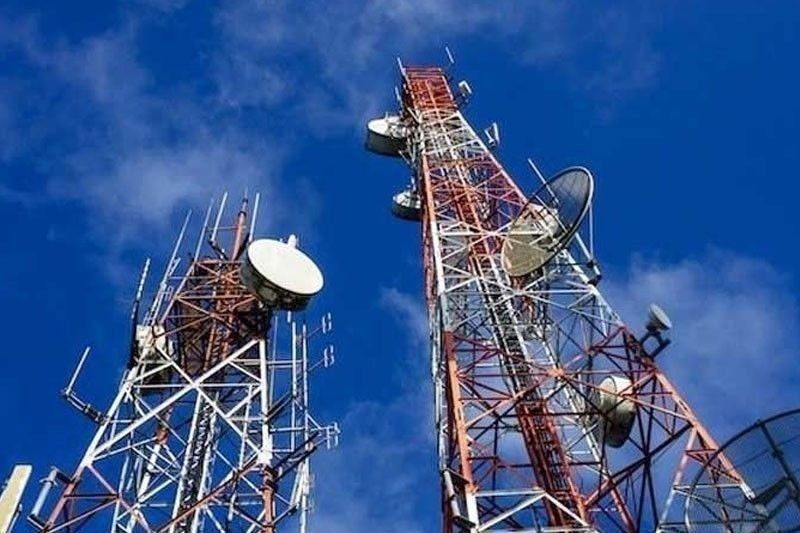Digital connectivity space tackled in amendments to National Building Code

MANILA, Philippines — A pending legislation at the House of Representatives amending the 47-year-old National Building Code of the Philippines would make it more responsive to the broadband connectivity demands of a digital economy, a citizen advocacy group said.
Tim Abejo, co-convenor of CitizenWatch Philippines, said broadband connectivity is now an essential productivity and communications tool that should be accessible to all citizens and should therefore have adequate space allocation in all public and private property developments.
“Having broadband connection in every workplace, commercial and residential areas should now be a standard amenity the same way that adequate utility easements are provided for electricity and water,” he said.
“We call on legislators to prioritize the amendment of the Building Code to include telecommunications and broadband network connections to be installed with the same stature as water and electricity facilities which are already integrated early in the design stage and free of lease payments,” Abejo said.
House Bill 8534 authored by Rep. Joey Salceda adds the provision that digital connectivity is considered a basic human right and plays a critical role in the nation’s transformation to a digitally enabled and competitive country in the digital global economy.
The bill also seeks to “provide for all buildings and structure and property developments, a framework of minimum standards and requirements to regulate and control their location, site, design, quality of materials, construction, use, occupancy, maintenance, and ensure connectivity prior to occupancy.”
The current building code, passed in 1977, does not require water and electricity providers to pay leases to developers to install water tubing or electricity wiring for their services.
“For obvious reasons, the law at that time did not cover broadband connectivity,” Abejo said. “But now we have to adapt to the times and adjust to the growing demand for 24/7 access to wired and mobile broadband connection.”
Abejo said that telcos providing fast broadband services via fiber optic cables are charged by property developers expensive lease payments that could reach hundreds of millions per year per location for fiber optic cables and other connectivity equipment which has become an income generating scheme instead of a basic service provided for all who need internet access in their properties.
“These are substantial operating expenses that will impact the cost of internet services of consumers,” Abejo said.
“We need to work together and be part of the solution to empower our country to keep pace with the fast innovations of the new global digital economy especially now that our economy is gaining momentum,” he said.
- Latest
- Trending
























